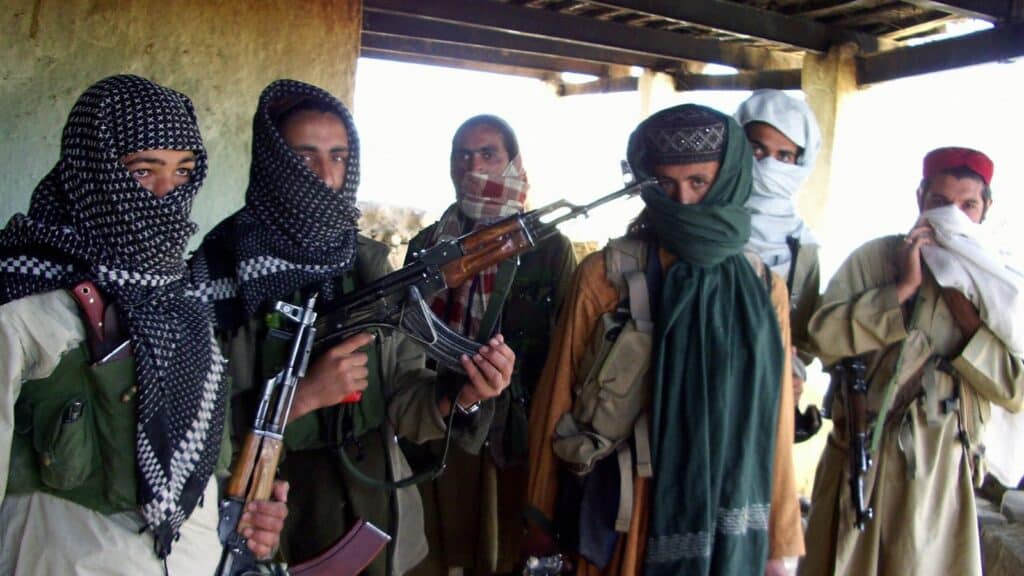Under the leadership of Mufti Noor Wali Mehsud, the banned militant group Tehrik-e-Taliban Pakistan (TTP) has rebranded its terror campaign with a disturbing media strategy aimed at recruiting Pakistan’s youth and glorifying violence. Central to this propaganda effort is a tribute series called “Rasm-e-Muhabbat” (Tradition of Love)—a collection of posters celebrating TTP militants killed in combat.
Far from being innocent memorials, these posters are carefully designed psychological tools. Each one highlights a slain militant’s background—name, region of birth, role, and photograph—portraying terrorists as “martyrs” and role models. The goal is clear: to inspire new recruits and normalize extremism.
A detailed review of 615 posters reveals troubling patterns:
56.9% were regular fighters, indicating the scale of TTP’s operational force.
38.2% were commanders, showing how deeply embedded the group’s leadership is in conflict zones.
4.9% were suicide bombers—a chilling indicator of TTP’s continued use of brutal tactics targeting civilians and state institutions.
This media campaign is part of a broader TTP effort to manipulate public opinion in Pakistan, especially in tribal and vulnerable regions. Using Urdu, English, and Pashto content, including podcasts, nasheeds, and video series, the group spreads extremist narratives while targeting disillusioned youth.
The glorification of terrorists under the guise of “tradition” is a direct threat to Pakistan’s internal security. It’s not just a battle of bullets anymore—it’s a battle of stories, and Pakistan must counter it with facts, vigilance, and firm resolve.





